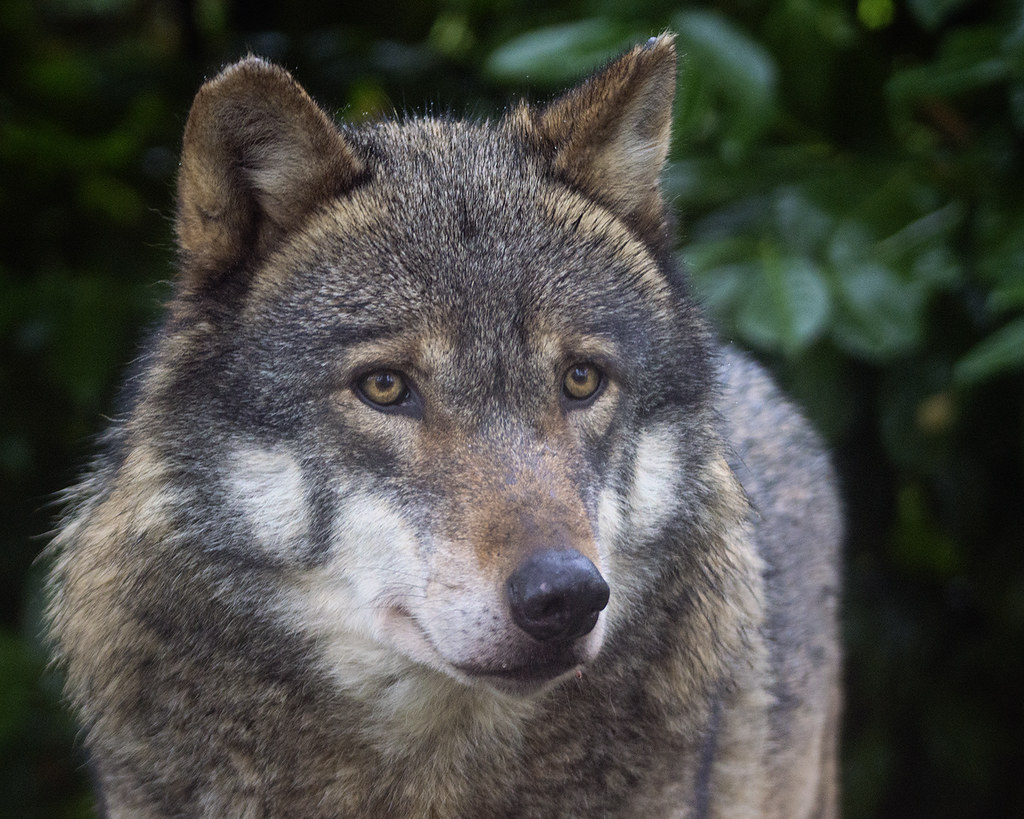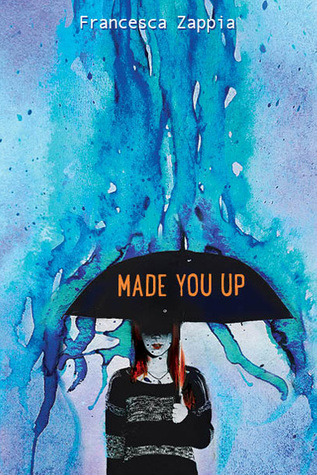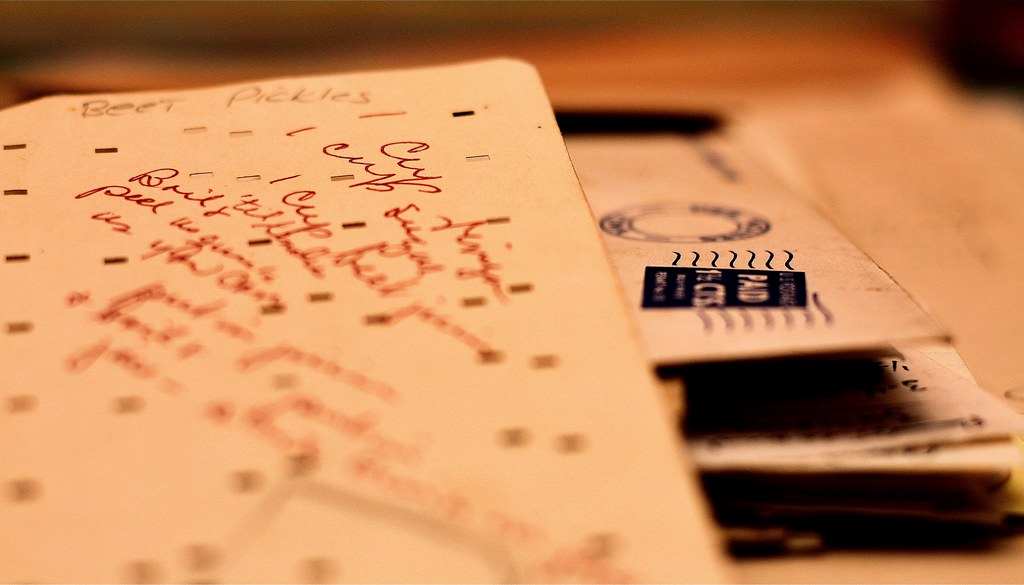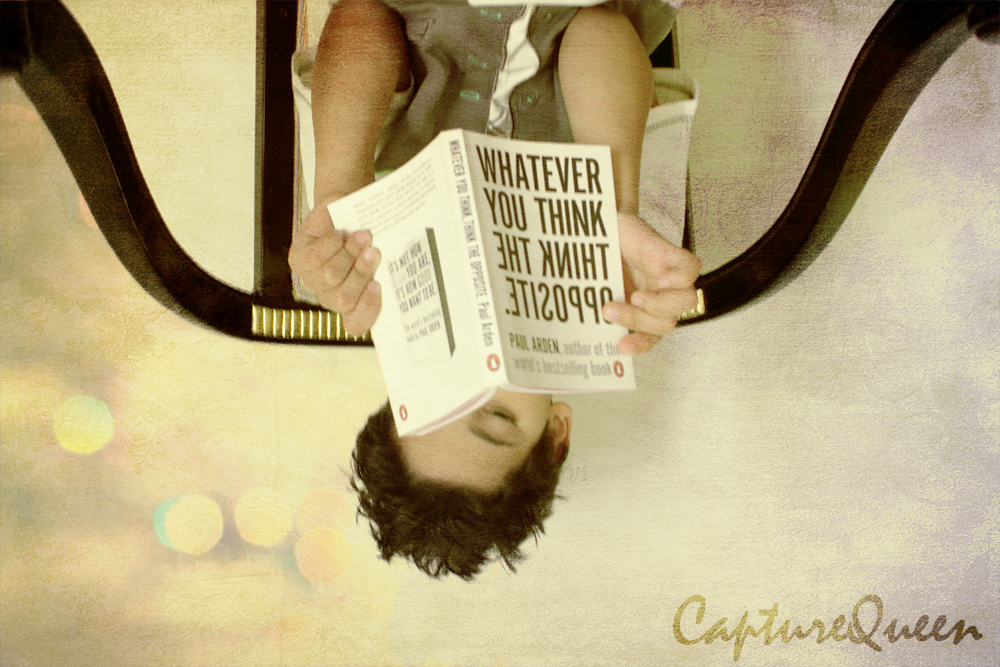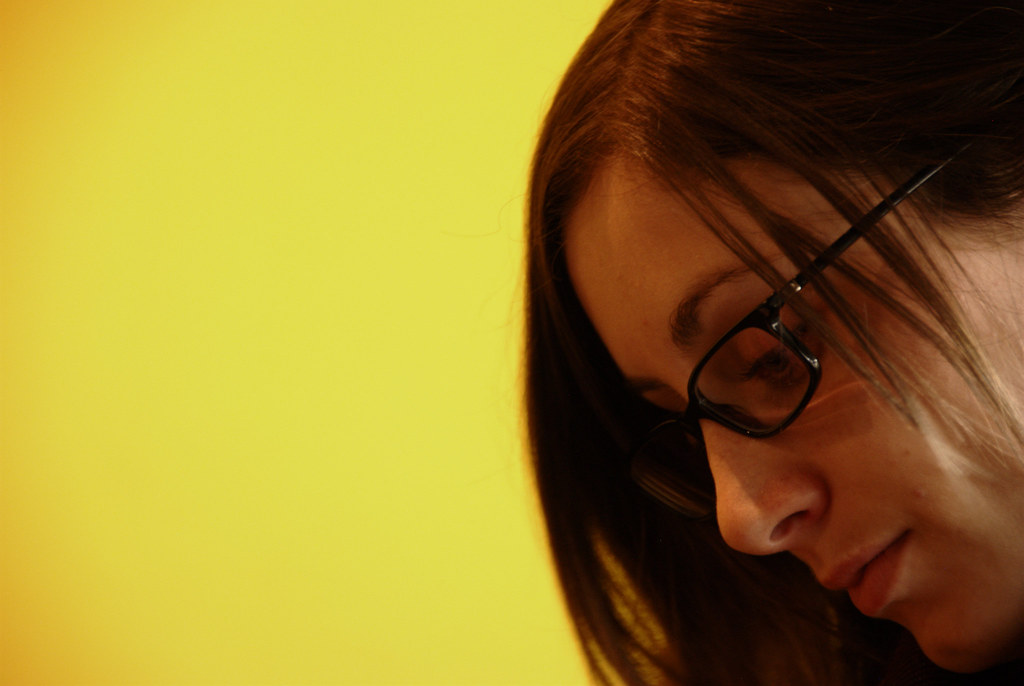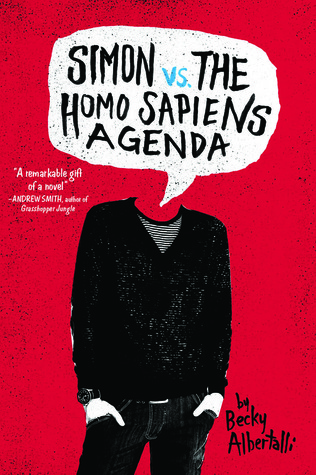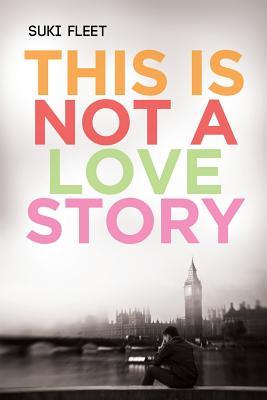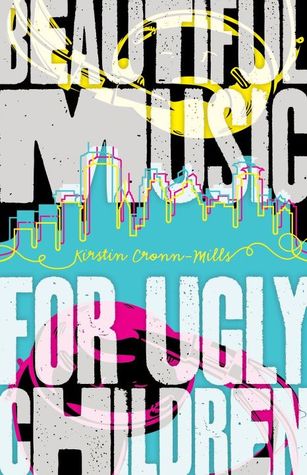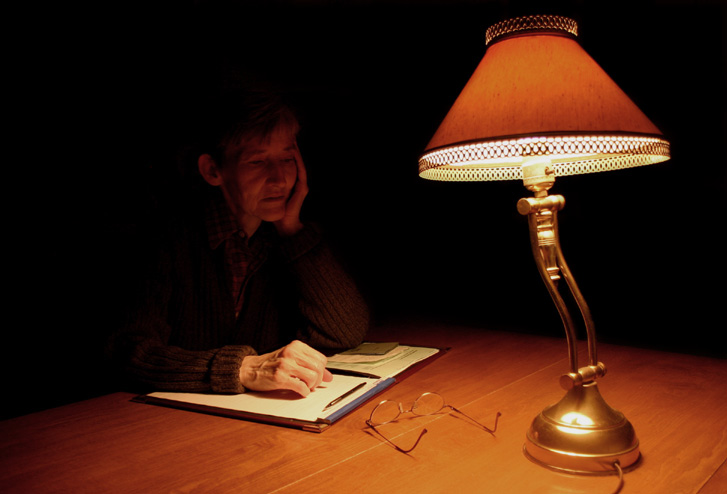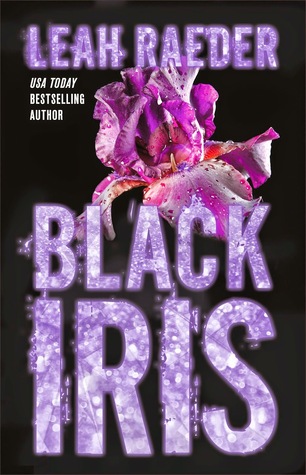So about partway through my reading of
Leah Raeder’s
Black Iris, I knew I was going to have to review it, but it quickly became apparent it was going to be a tougher book to review. Not because I didn’t like it, but because it was so different from anything I’d read in a long time and just felt important, somehow. Like this was an important book for me to be reading. It’s hard to explain.
Before I go on, here’s the summary from
Goodreads:
“It only took one moment of weakness for Laney Keating’s world to fall apart. One stupid gesture for a hopeless crush. Then the rumors began. Slut, they called her. Queer. Psycho. Mentally ill, messed up, so messed up even her own mother decided she wasn't worth sticking around for.
If Laney could erase that whole year, she would. College is her chance to start with a clean slate.
She's not looking for new friends, but they find her: charming, handsome Armin, the only guy patient enough to work through her thorny defenses—and fiery, filterless Blythe, the bad girl and partner in crime who has thorns of her own.
But Laney knows nothing good ever lasts. When a ghost from her past resurfaces—the bully who broke her down completely—she decides it's time to live up to her own legend. And Armin and Blythe are going to help.
Which was the plan all along.
Because the rumors are true. Every single one. And Laney is going to show them just how true.
She's going to show them all.”
So first and foremost,
Black Iris is a New Adult novel, but holy guacamole it is so very different from 99% of NA novels out there right now.
Black Iris is
not a contemporary romance—it’s a dark, unsettling Thriller with deeply twisted characters and tons of twists. It’s the kind of book I feel like I’ll need to re-read to fully absorb, because it isn’t until all the pieces fall together that it really all begins to make sense.
Like
Unteachable, Raeder expertly weaves a raw, realistic voice with moments of beauty and clarity. The characters are flawed and make few attempts to be likable—and there were some moments where I almost felt like Laney, the protagonist, was getting a little heavy-handed on deliberately portraying herself as unlikable (not so much through actions, but through things she would say about being an unlikable heroine). That said, I
liked that many of the characters weren’t trying to be likable—they made ugly decisions, and had terrible thoughts, and they owned them completely.
The only other thing that occasionally threw me off was the timeline. The story is told non-chronologically with chapters jumping back and forth between the present and past, which occasionally got a little confusing (one of the reasons, I suspect, I felt like I would benefit from a second read).
Despite that, I really loved this book. From the gripping plot, to the out-there-for-you-to-see ugly emotions, to a protagonist who wasn’t completely sure about her sexual identity (and wasn’t trying to be sure or put a label on it), to a cast of characters who were twisted, and layered, and all-around fascinating,
Black Iris is on my list of favorites.
If you’re looking for a gripping, beautifully-written, dark, and complicated New Adult Thriller, I couldn’t recommend this one more. 4.5/5 stars to this seriously awesome book.
Diversity note: The protagonist doesn’t label herself, but is attracted to (and has on-the-page explicit relationships with) both men and women, and she also has borderline personality disorder. Other major characters are bipolar and have antisocial personality disorder, and two major characters are Persian (including one love interest).
Have you read Black Iris?
Twitter-sized bites:
.@Ava_Jae gives 4.5/5 stars to BLACK IRIS by @LeahRaeder. Have you read this twisted, raw NA Thriller? (Click to tweet)
Looking for a dark, layered, and diverse NA Thriller? Check out BLACK IRIS by Leah Raeder. (Click to tweet)








